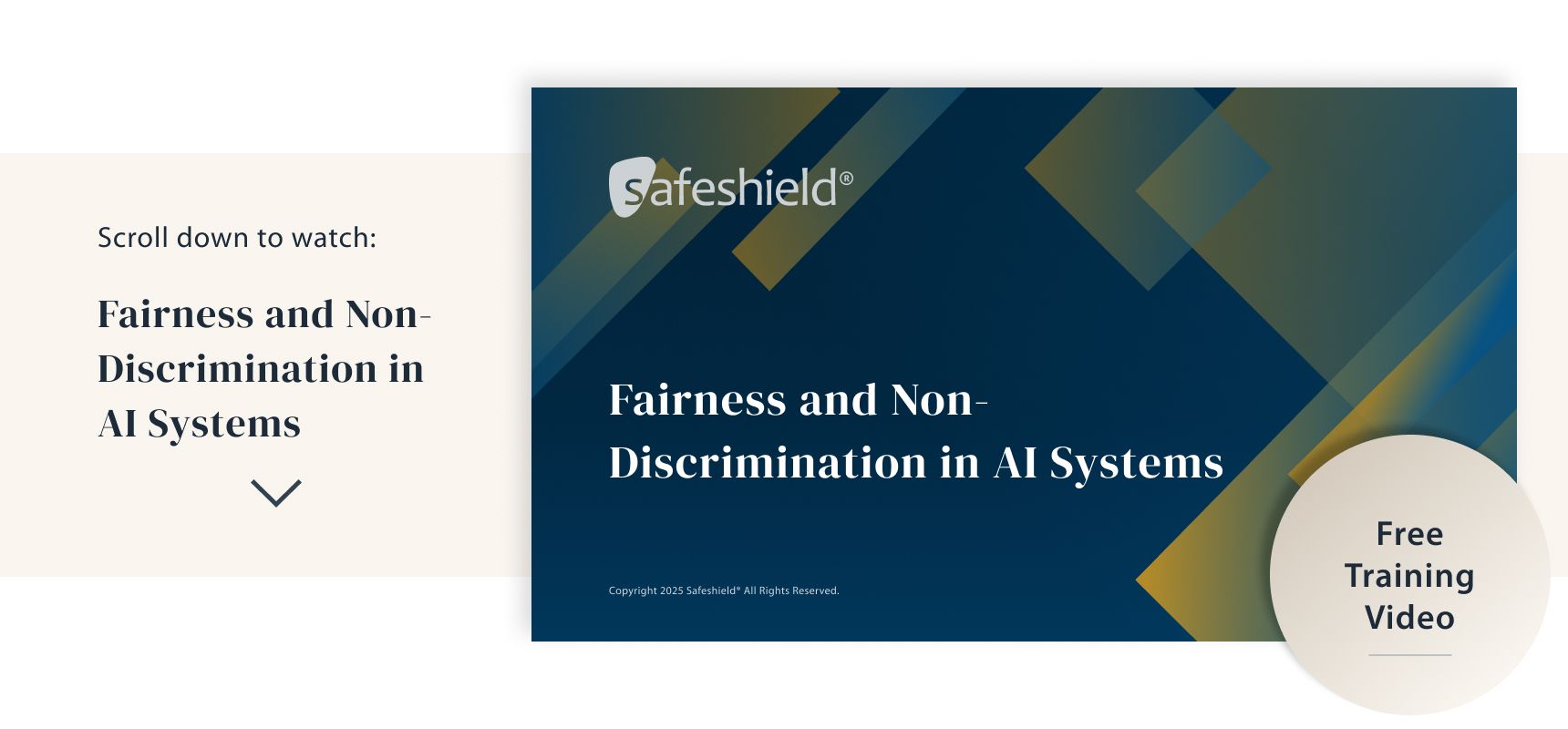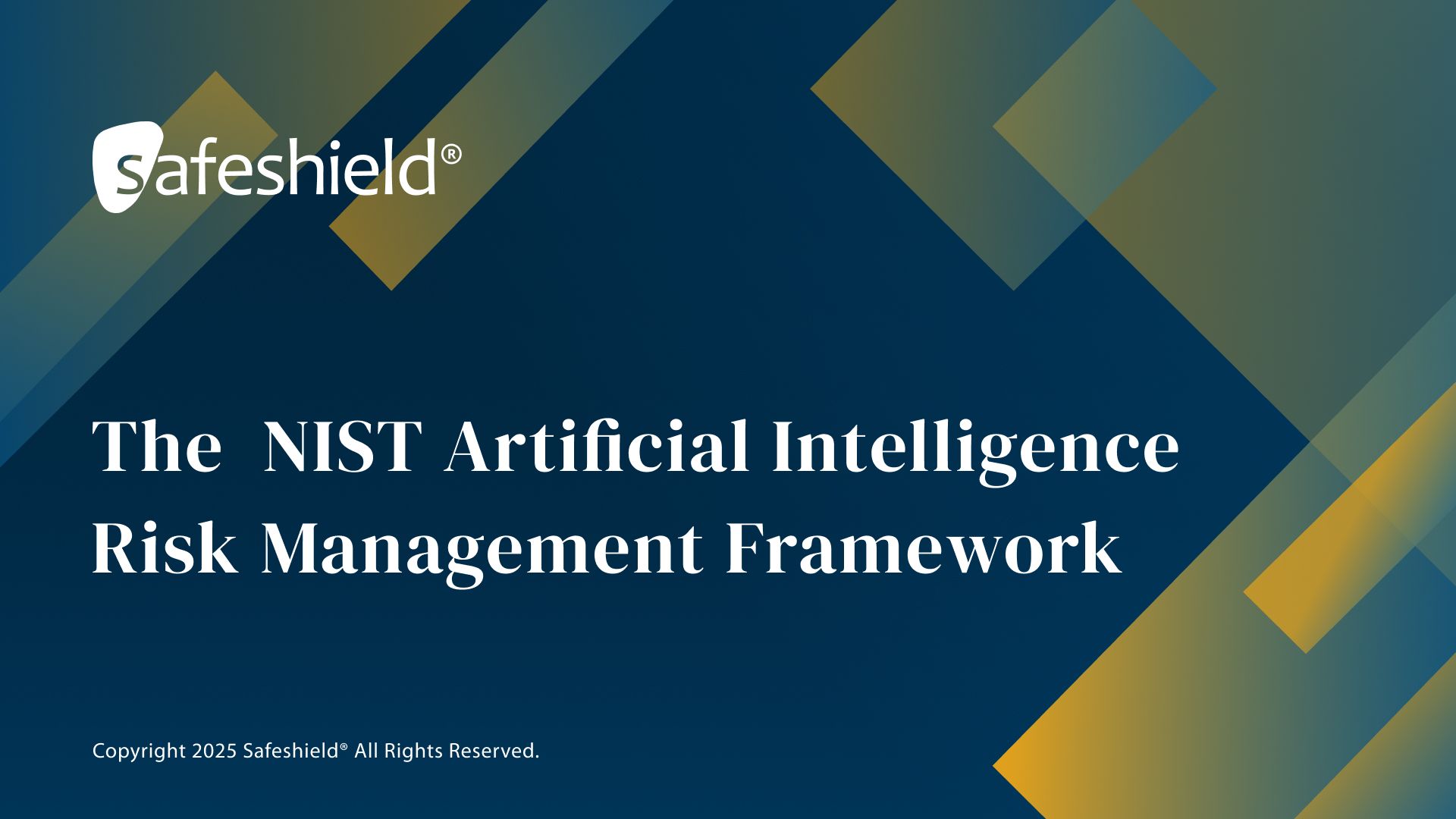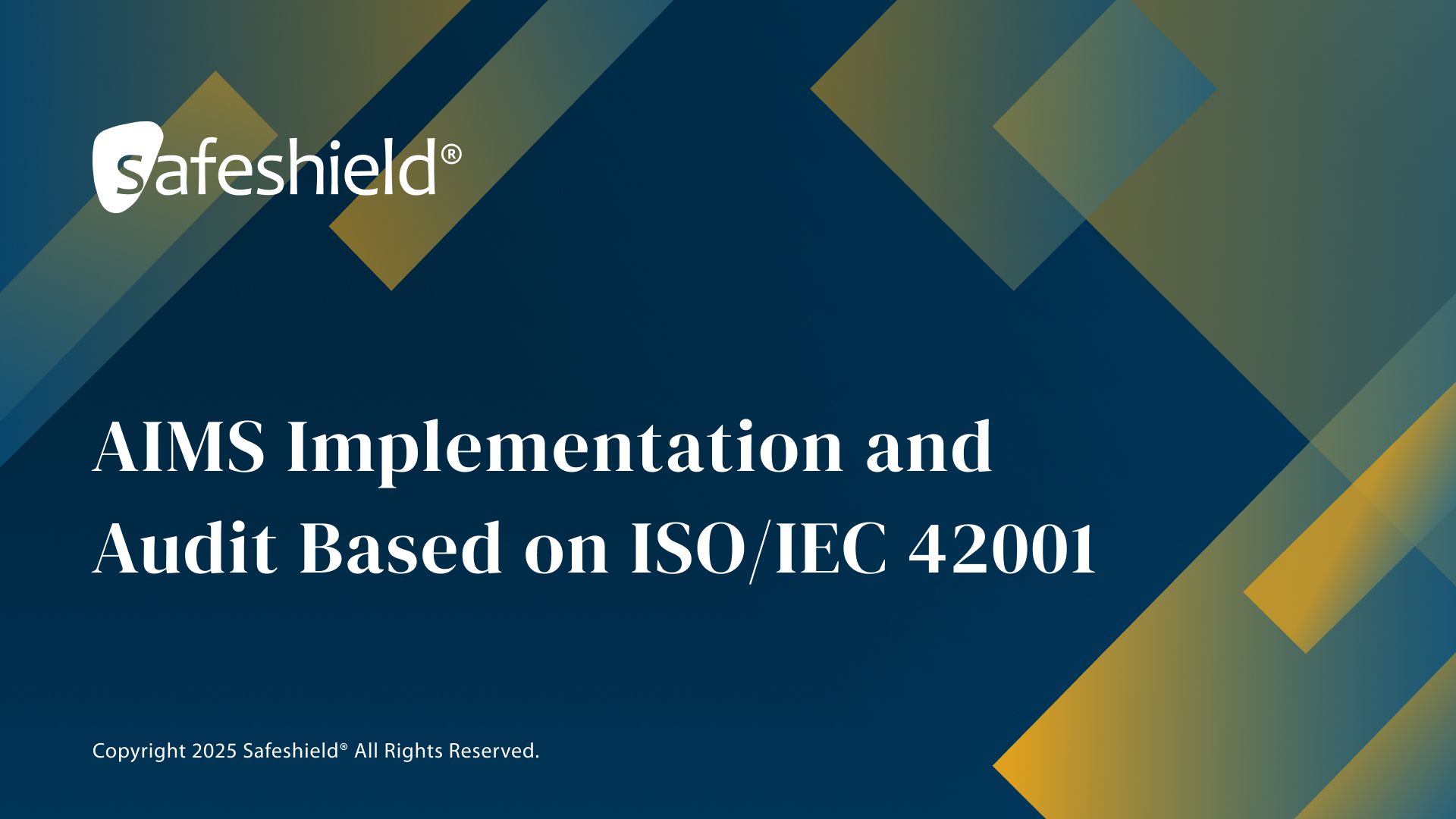Fairness and Accountability in AI Systems | Free Training
November 18, 2025
Welcome to this course on Fairness and Non-Discrimination in AI Systems.
Fairness in artificial intelligence is not just a desirable quality; it is a fundamental requirement to ensure that AI systems serve people equitably and responsibly.
When we talk about fairness, we refer to the absence of systematic bias, unequal treatment, or discrimination in the way AI makes decisions. This is especially critical because AI increasingly influences decisions in sensitive areas such as hiring, credit scoring, healthcare, policing, and education. A biased algorithm in any of these contexts can cause real harm to individuals and communities.
The introduction of fairness as a design principle reminds us that AI must operate within the ethical and social expectations of the societies in which it is deployed. Fairness is also about legitimacy: organizations that fail to demonstrate fairness face reputational, legal, and financial risks.
Many international frameworks, including ISO/IEC 42001, the European Union Artificial Intelligence Act, and the NIST AI Risk Management Framework, emphasize fairness as a core principle.
In this course, we will explore fairness not as an abstract concept but as a practical requirement. We will discuss how unfairness arises, how to detect it, and how to implement safeguards to mitigate discriminatory outcomes. The goal is to equip you with both the conceptual understanding and the practical tools necessary to ensure AI systems are developed, deployed, and monitored with fairness as a guiding principle.
To learn more about our AI GRC professional certification training, you can visit us here.
Share this article





